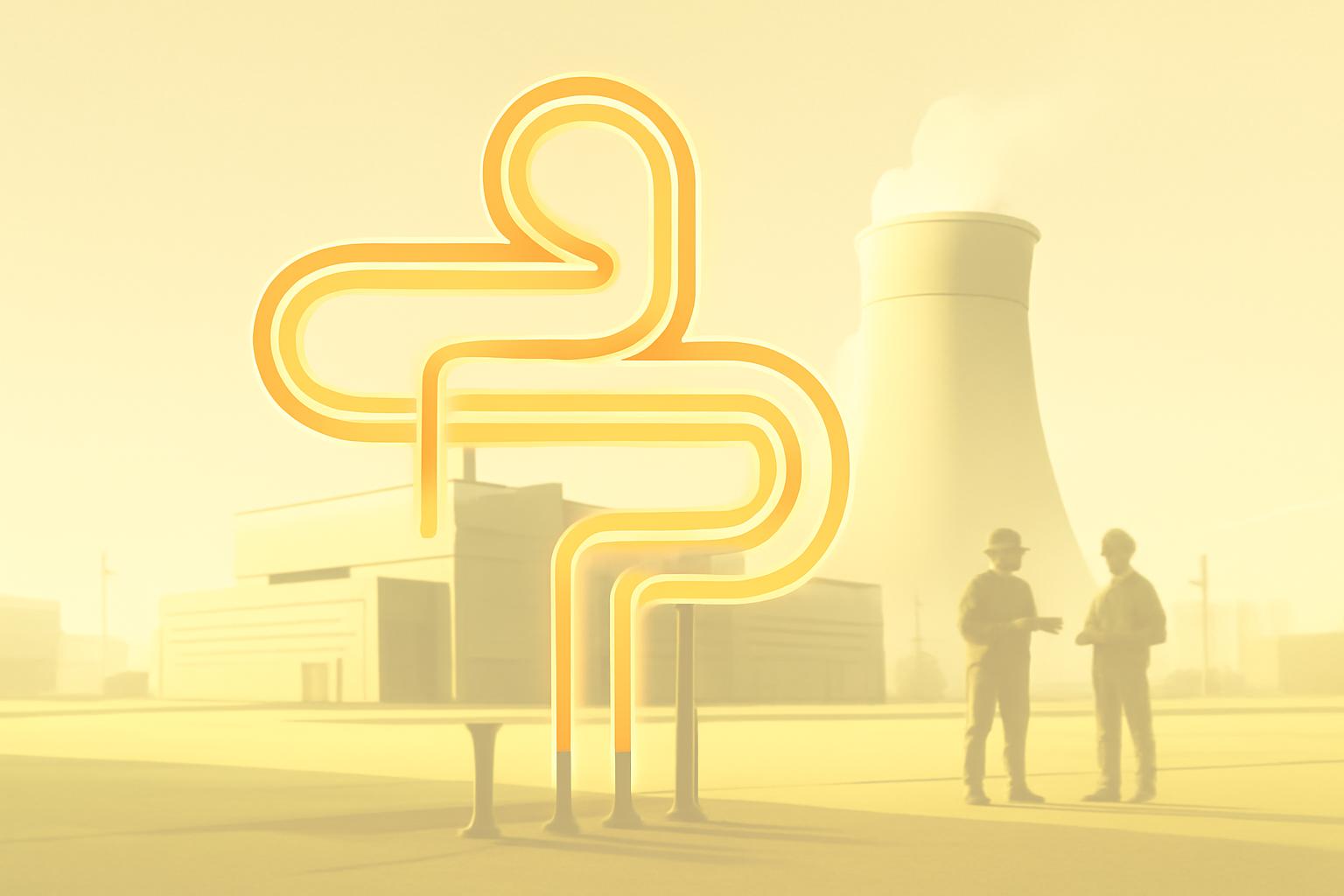Rodatherm Energy Introduces Closed-Loop Geothermal System with $38M Funding
Rodatherm Energy, a geothermal startup, disclosed its emergence from stealth mode on Monday, announcing $38 million in Series A funding to develop a pilot geothermal plant in Utah. The funding round was led by Evok Innovations, with contributions from investors including Active Impact Investments, Giga Investments, Grantham Foundation for the Protection of the Environment, MCJ, TDK Ventures, Tech Energy Ventures, and Toyota Ventures.
Innovative Closed-Loop System Uses Refrigerant Instead of Water
Distinct from conventional enhanced geothermal systems that circulate water through boreholes, Rodatherm’s technology employs a closed-loop system likely constructed of steel tubing filled with a refrigerant. This design echoes the principles of air-source heat pumps, which use hydrocarbon-based refrigerants to transfer heat efficiently.
The company claims that this refrigerant-based closed loop delivers approximately 50% greater efficiency than traditional water-based geothermal setups. According to Rodatherm’s patent filings, the closed-loop configuration eliminates the need for filters by preventing the ingress of grit and debris typically dislodged by water flow in open-loop systems. Additionally, this approach significantly reduces water consumption, addressing a critical concern in geothermal operations.
Competition and Market Context
Rodatherm enters a competitive geothermal sector populated by established firms such as Fervo Energy, Sage Geosystems, XGS Energy, and Quaise. Fervo Energy, the market leader, has raised nearly $1 billion and is progressing toward completing a 100-megawatt first phase of its Cape Station power plant next year, with plans for an additional 400 megawatts by 2028. Fervo also holds a power supply agreement with Google for its data centers.
XGS Energy similarly secured a contract with Meta to develop a 150-megawatt geothermal plant in New Mexico aimed at powering Meta’s data centers. These partnerships underscore the growing interest from major technology companies in geothermal power as a clean energy source.
Cost and Efficiency Considerations Remain Uncertain
While Rodatherm’s closed-loop system promises efficiency gains and reduced water usage, it likely entails higher drilling and installation costs compared to simpler open-loop systems. Whether the enhanced efficiency will offset these additional expenses remains to be seen and depends on the outcomes of the pilot project.
The startup plans to deploy its first 1.8-megawatt pilot plant in Utah by the end of 2026, with Utah Associated Municipal Power Systems committed to purchasing the generated electricity. The pilot’s results will be critical in validating the technology’s commercial viability and cost-effectiveness.
Outlook
Rodatherm Energy’s approach represents an innovative attempt to improve geothermal energy’s efficiency and sustainability. However, the ultimate market success will hinge on balancing increased upfront costs against operational benefits and scalability. The pilot project outcomes will be pivotal in assessing the technology’s potential to disrupt the geothermal sector.
FinOracleAI — Market View
Rodatherm’s announcement introduces a promising technological innovation in geothermal energy, potentially improving efficiency and reducing water use. However, the higher anticipated installation costs and competition from well-capitalized incumbents pose significant risks. Investors and stakeholders should monitor pilot project progress closely, as successful demonstration could validate cost savings and efficiency claims, influencing future funding and market adoption.
Impact: neutral













